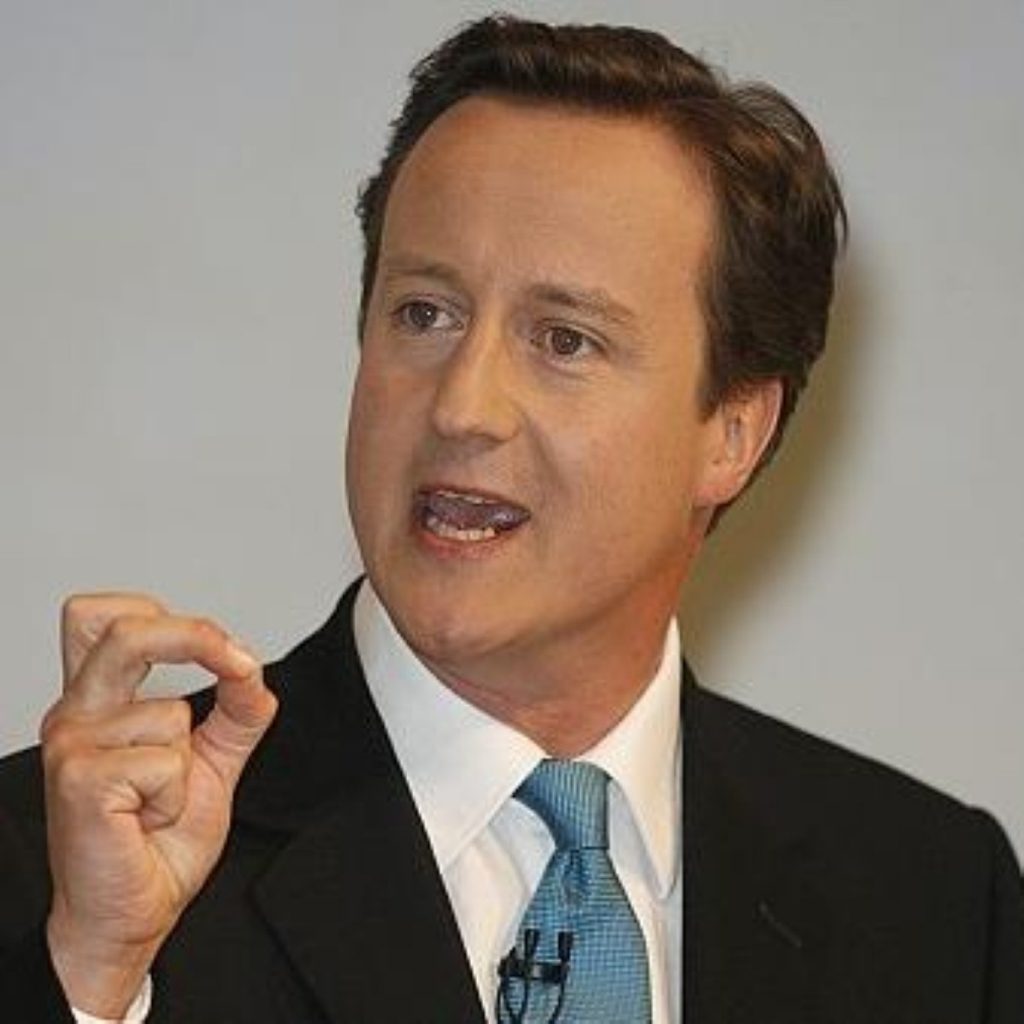PM prioritises public service reform
David Cameron has pledged his personal and political commitment to reforming the public services.
Setting the agenda in a week likely to be dominated by new legislation reforming the NHS, the prime minister made the case for avoiding delay across the country’s public services.
“Every year we delay, every year without improving our schools is another year of children let down, another year our health outcomes lag behind the rest of Europe, another year that trust and confidence in law and order erodes,” he said.


“These reforms aren’t about theory or ideology – they are about people’s lives. Your lives, the lives of the people you and I care most about our children, our families and our friends.
“So I have to say to people: if not now, then when? We should not put this off any longer.”
But his ideas were challenged by TUC general secretary Brendan Barber, however, who claimed that voters would have rejected these proposals at the general election.
“The prime minister may claim that this is not ideological but all those facing redundancy, cuts in vital benefits such as disability living allowance, and the destruction of quality public services will beg to differ,” Mr Barber said.
“The government’s clear aim is a permanently smaller state, markets taking over from public accountability and privatisation’s profit motive replacing public service – deficit reduction is just the cover story.”
Mr Cameron downplayed the significance of the spending cuts which dominated his first six months in No 10 by pointing out that public spending as a proportion of GDP remains 41%.
He also used his speech to back the coalition, which he will claim has also facilitated discussions “about what really works”.
Both Mr Cameron’s eldest son Ivan, who died in February 2009, and his youngest daughter Florence, born last autumn, are referred to as he explains his personal commitment to the public services.
“I don’t want anyone to doubt how important this is to me,” he added.
“My passion about this is both personal and political. Personal because I’ve experienced, first hand, how dedicated, how professional, how compassionate our best public servants are.
“And this is a political passion – and priority – of mine too. I believe that Britain can be one of the great success stories of the new decade.”
Britain’s public services have not been the focus of a major reform effort since the early 2000s, when Tony Blair’s agenda for making police, schools and hospitals more ‘customer-focused’ prompted major changes.
The prime minister acknowledged that instigating further change in the context of public spending cuts makes the job more difficult.
But he insisted that public spending will not fall below 2006 levels, that there are as many police officers in the Metropolitan police as there are in New York and that each child’s education receives £5,000 every year.
“It’s just not true to say that the spending taps are being turned off. The money will be there and we will spend it wisely,” Mr Cameron added.












